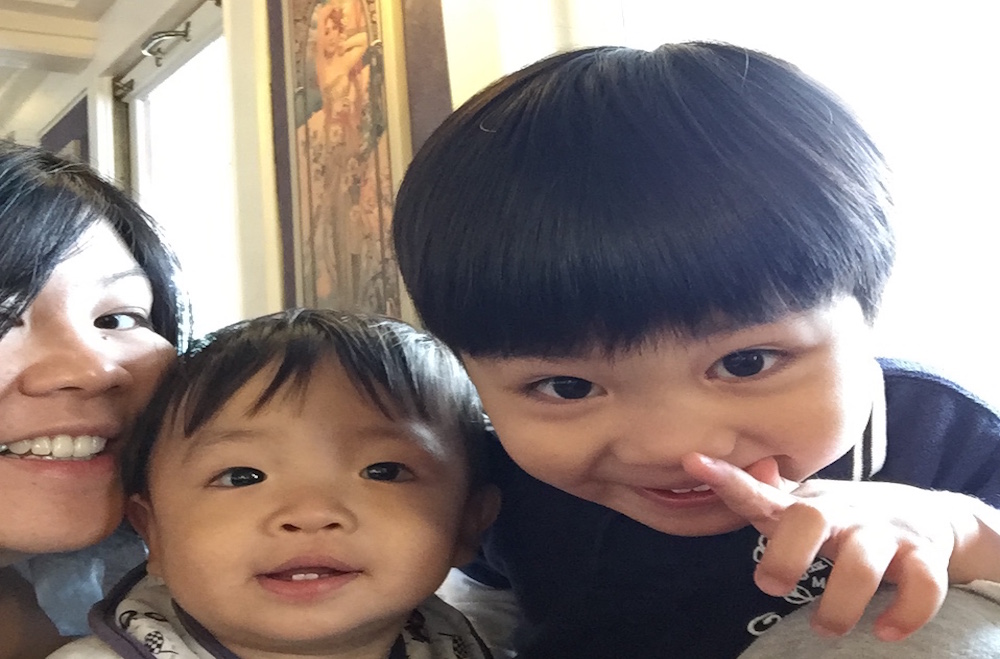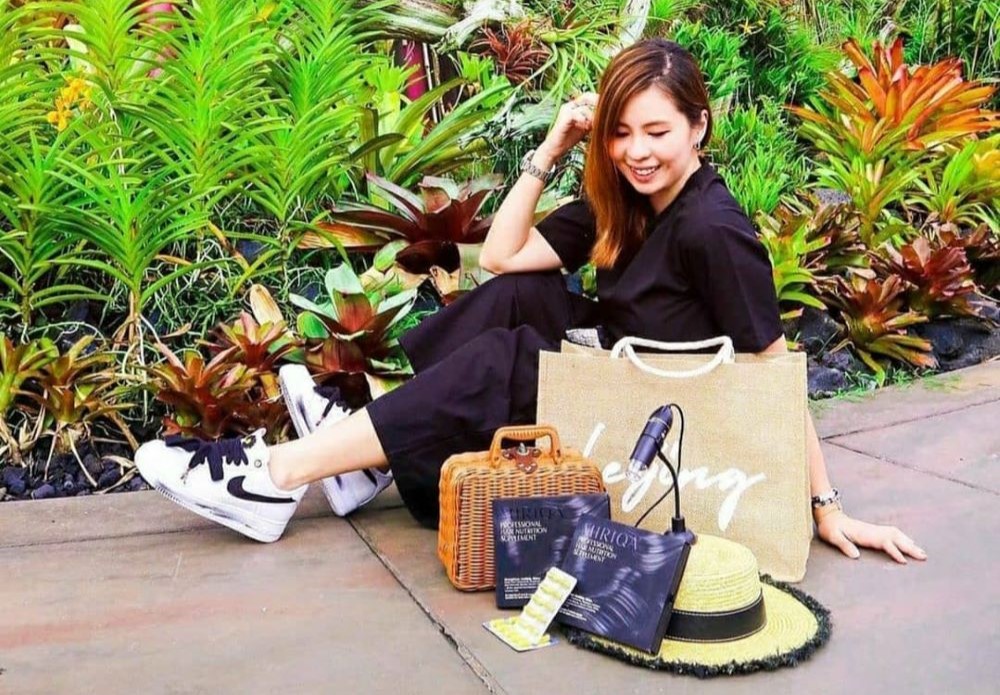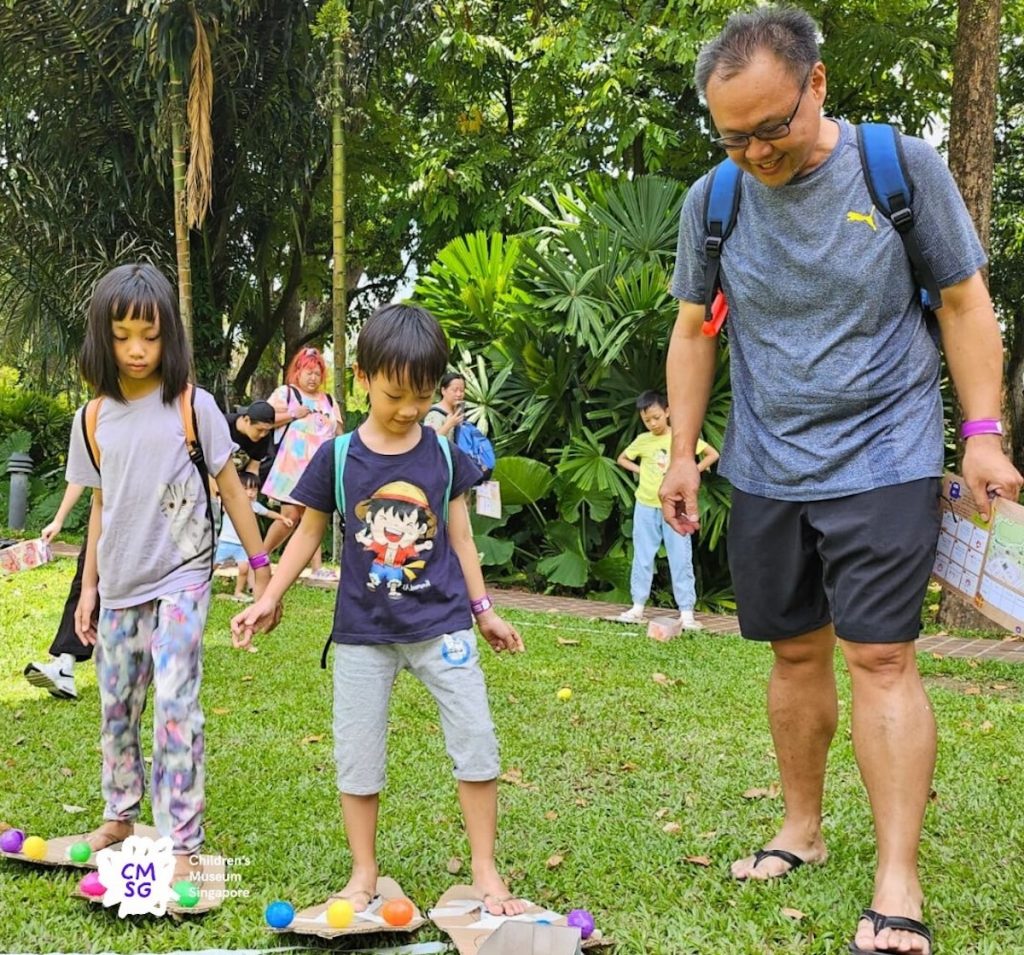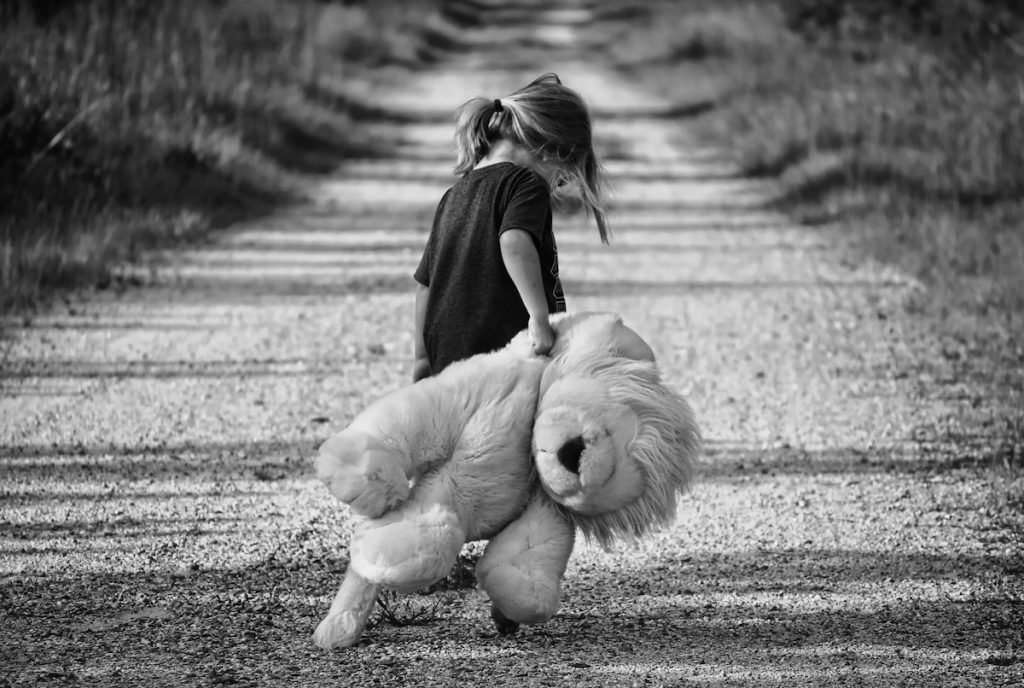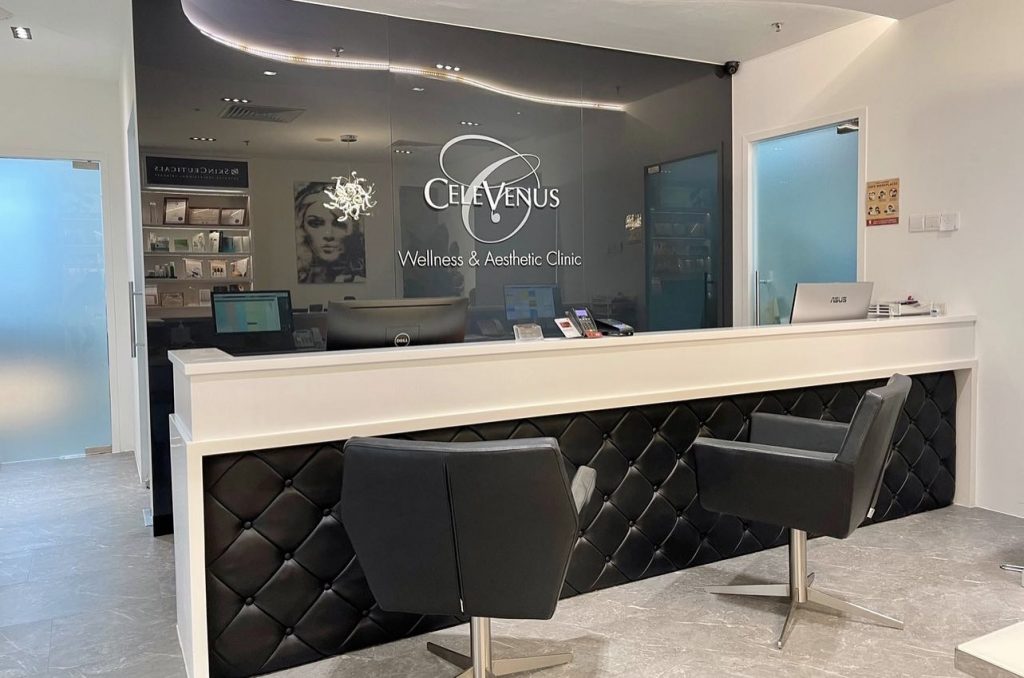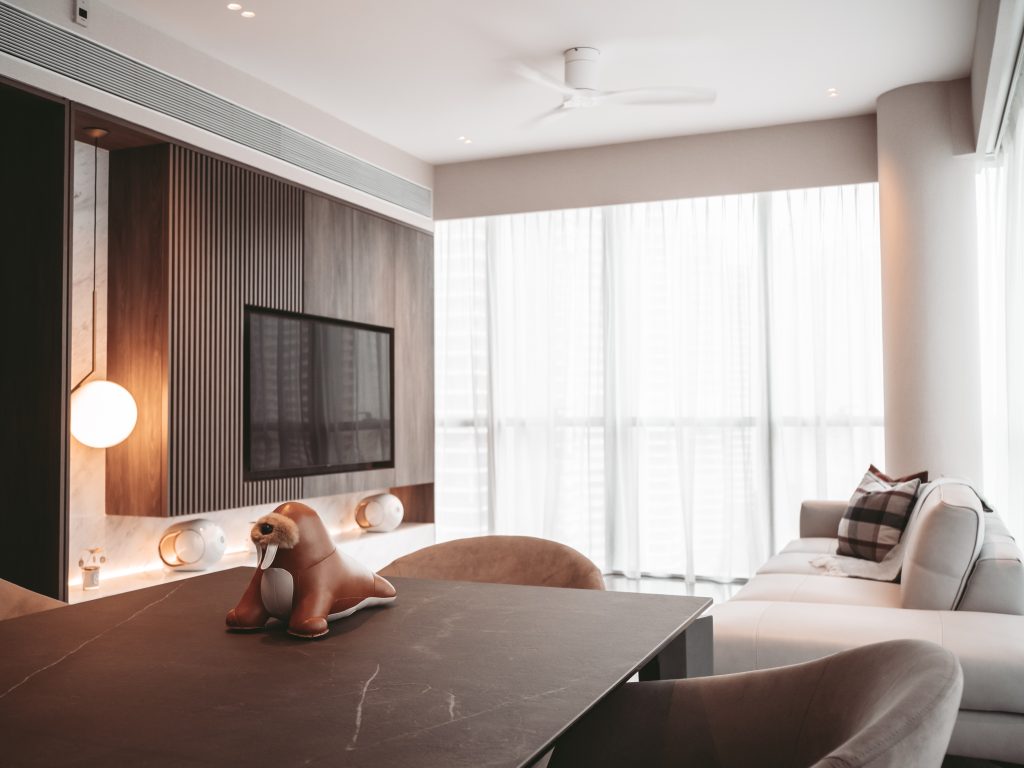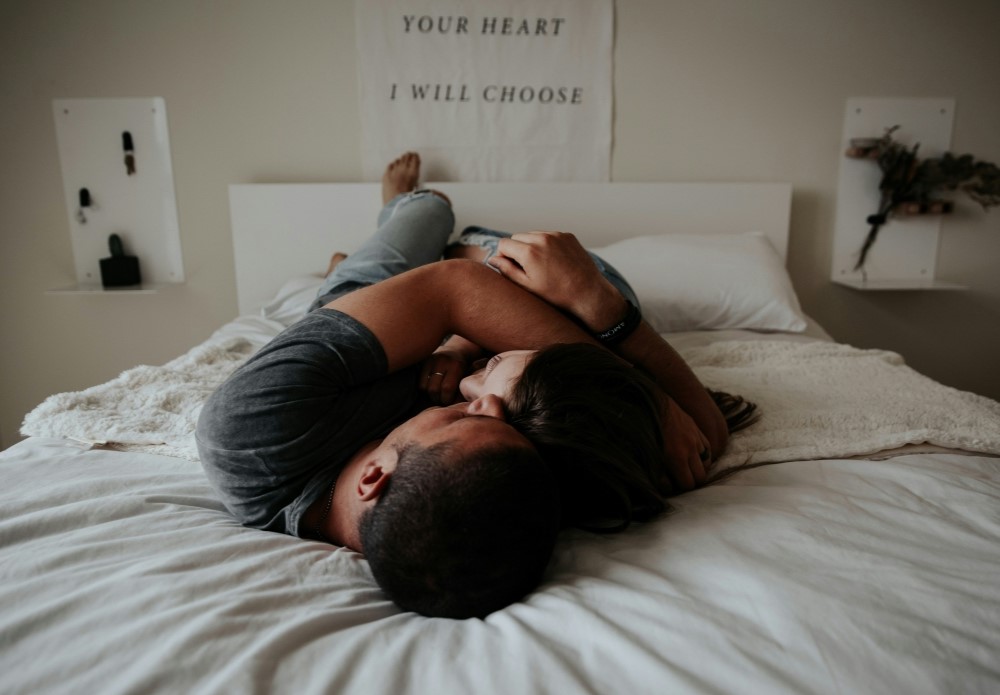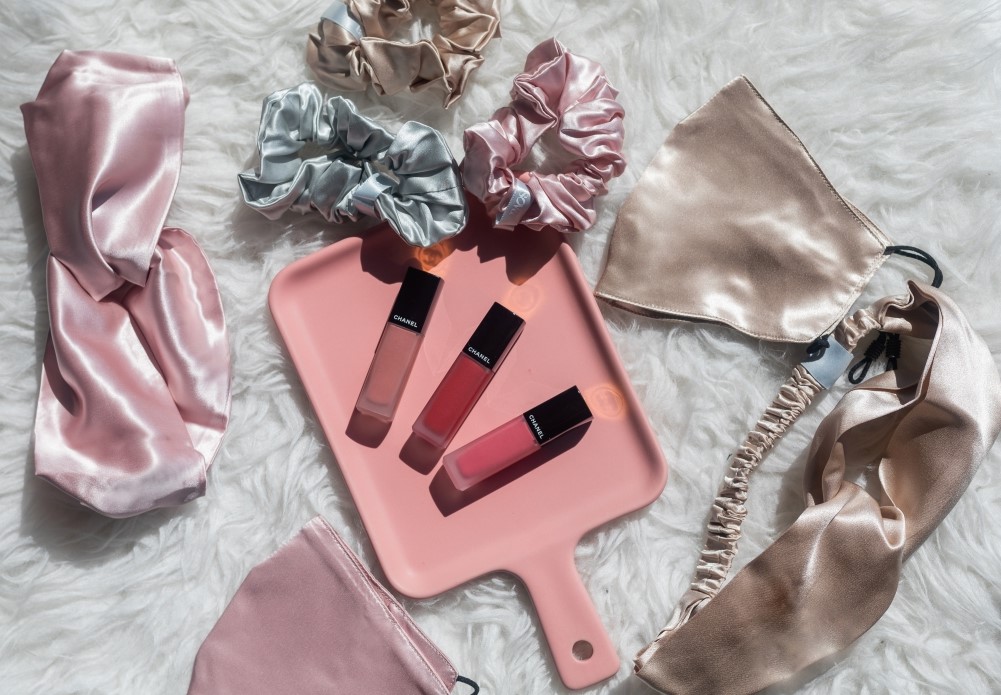Pruritic urticarial papules and plaques of pregnancy rash, better known as PUPPP, is an itchy, hives-like rash that generally appears in the last three months of pregnancy, often around stretch mark areas. It occurs in roughly 1 out of every 200 pregnancies and is said (although not proven) to affect mums-to-be who are pregnant with boys more frequently than those who are expecting girls.
PUPPP is a relatively rare condition and can be rather distressing for an expecting mother, as in the case of writer and mum-of-two Esther Au Yong, In this interview, she shares her experience with PUPPP when she was expecting her second son and how she managed when she found out she had the even rarer post-partum version of the uncomfortable skin condition.
Mummyfique: Can you tell us how you discovered you were suffering from PUPPP and what the experience was like?
Esther Au Yong: PUPPP is a hives-like rash that appears during pregnancy and in typical cases, gradually subside after delivery. Mine came on as mild rashes on my tummy when I was roughly 35-weeks pregnant. By week 37, they had spread to my thighs and bum. They started getting itchier but things were still bearable. I delivered at 38-weeks and thought that was the end of it.
Unfortunately, I belonged to the ‘rare breed’ where things got worse post-partum. The hives got bigger and itchier. They spread to my back and a little on my forearm. Whatever little sleep-time I got was affected. I couldn’t rest because of the itch and discomfort.
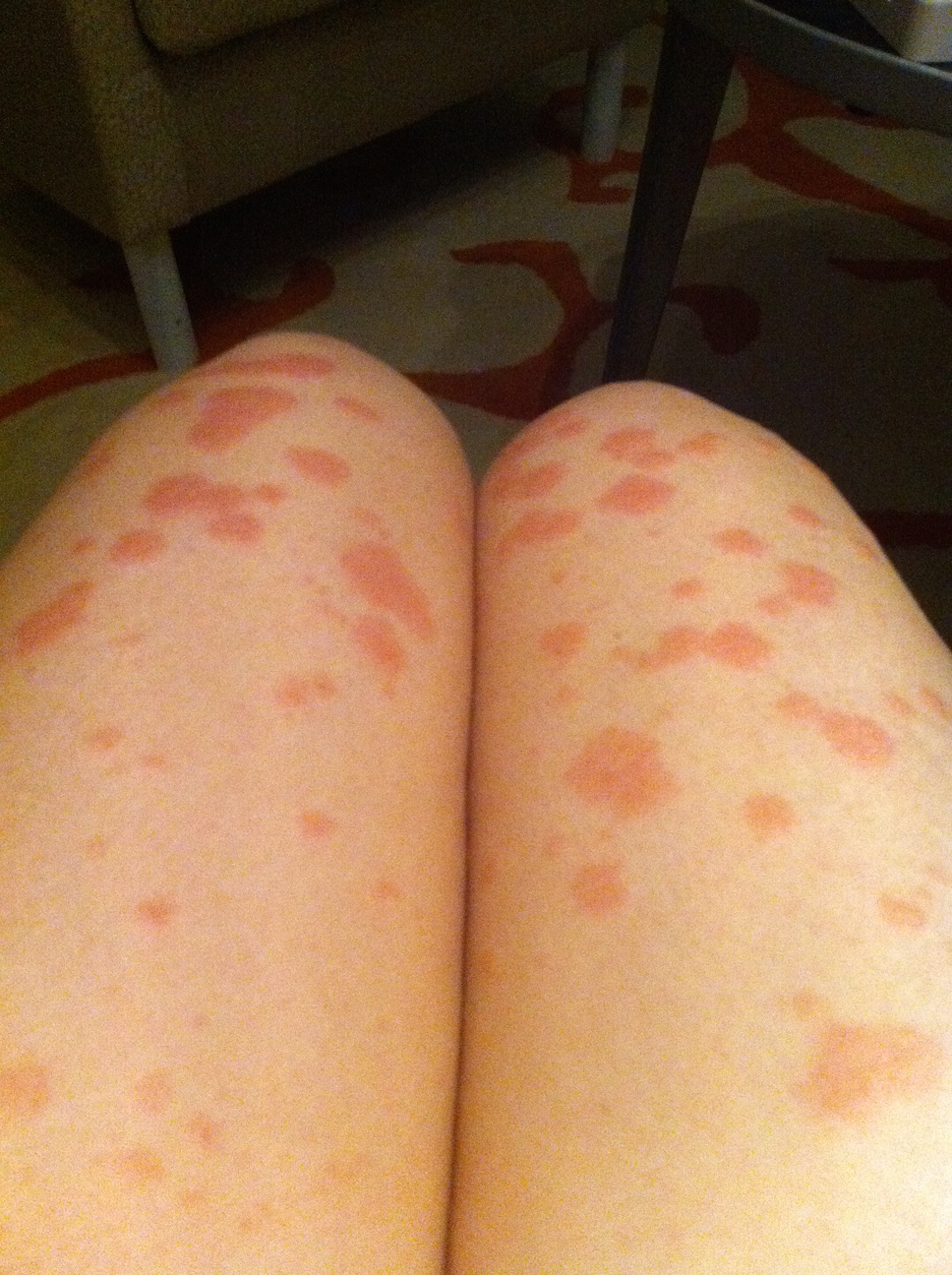
10-days post-partum, I saw a specialist who told me this was very rare and gave me steroids-based medication to take and apply for three weeks. He said he would rather I get some sleep and rest and have a chance to enjoy my baby because I was really very tired. I couldn’t breastfeed with the medication — he had suggested to pump and dump — but I was so stressed (among many other factors), my milk supply hadn’t come in anyway, and baby was already on formula. So, baby went on formula, I took the medication and got better.
My gynaecologist even took pictures of my rashes because he said he had never seen a case so bad before.
Emotionally, I felt very alone and helpless because not only did I get PUPPP, which, in itself is rare, but I got the even rarer post-partum version. None of my friends had had it before and all of them didn’t know what I was talking about. They all thought it was a random, harmless rash. I was introduced to a new friend about three months post-partum and she had had it when she was pregnant. I was so happy to meet a kindred spirit!
How did you deal with the rashes?
I bathed in cold water, although sometimes warm water helped. I used Calamine lotion, mint-based shower gel, oatmeal soak, etc. Some worked, some didn’t but nothing worked for a long period. Steroidal cream didn’t help me much even though I have heard that it gives some women relief. The oral steroids really made a difference though, for me at least.
What are some of the key things that you learnt about dealing with PUPPP?
See a doctor who understands and have experience with it. Because it’s rare, many gynaes and GPs have not seen it before or even know about it. And those that do, may not know how to effectively treat it. I saw a very old and experienced skin specialist because although my gynae knew about it and had given prescription to a few women who had milder cases, he didn’t really know how to approach my case.
What were some of the lifestyle changes that you had to make when you started to suffer from PUPPP in your pregnancy?
Slept with the air-con on the whole night (previously I would just need the fan or on hot days, I would just cool down the room for the first two hours with air-conditioning). I also used a lot more moisturiser.
Can you share some advice with pregnant mums-to-be who find themselves suffering from PUPPP?
You are not alone, even though you may feel that you are. Just be strong, get help wherever/however you can, and trust that this too will pass. Mine went away four months post-partum.



